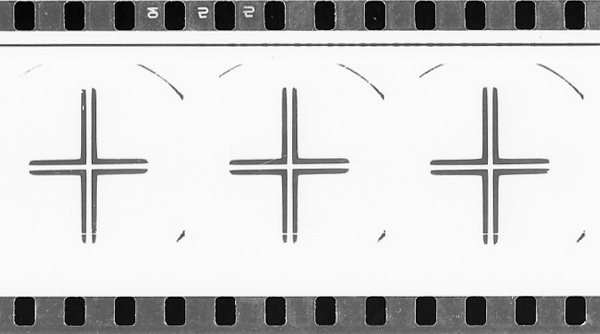Every Little Thing

Synopsis
The protagonists in this film are the patients and staff at the La Borde psychiatric institute in France. Each summer they perform a play on a stage set in the beautiful grounds of the chateau. The film charts the passage of this magical event and allows the viewer a glimpse at life in one of the world's most highly regarded psychiatric institutions. Philibert, director of the hugely-acclaimed Etre Et Avoir and In the Land of the Deaf, delicately celebrates the work of La Borde and quietly makes us question the distinctions that society applies in classifying as normal or abnormal.Special Features
- Filmed introduction by critic/writer Geoff Andrew- Booklet features interview with Nicolas Philibert
Related
An Interview with Nicolas Philibert:
Patrick Leboutte: How did the idea for the film come about?
Nicholas Philibert: Originally, several people had suggested that I go to La Borde… I had often heard people talking about this atypical institution, but had long since rejected the idea of going there: I couldn't see how to make a film in such a place without being intrusive. The people who are there have, after all gone to get some peace and quiet! What higher interest could possibly justify my filming, with complete peace of mind, people in a situation of weakness, made fragile by suffering? And how to overcome being frivolous and avoid the picturesque quality of madness? As soon as I visited however, I was struck by the atmosphere emanating from this bizarre chateau lost in the middle of the woods: the effort made to welcome and respect one another… It's not easy to find oneself in an asylum even if it is only as a visitor. The distress of some people is particularly obvious. But there was something calming there, no white walls or uniforms, a strong sense of community, a feeling of freedom… And even though I was outwardly a bit reticent, some patients and carers started to encourage me: that I had such misgivings was considered to be a good sign… As some patients themselves pointed out there was no reason to think that they would let themselves be manipulated by the camera simply because they suffered from psychiatric problems or mental illness! In short, my preconceptions progressively vanished, and the fears which arose from my questioning were eventually transformed into a desire to confront them…
PL: What were the basic premises which guided your work?
NP: For each of my films, I am seeking a story, a metaphor which allows me to 'transcend' reality. It's all about escaping from the pedagogic approach to documentary which right from the start circumscribes its cinematographic scope. I therefore felt the need to go beyond a simple description of everyday life; and with the theatrical adventure which presented itself; things couldn't have gone better for me! This probably served just as a pretext however to get closer to something more essential; but at least it gave me a strong main theme, and the theatre also gave me the possibility to immediately get close to people without intruding on their intimacy. Finally, the theatre allowed me to give the film a light hearted aspect, if not a certain cheerfulness.
(translation by Tim Leicester)
Patrick Leboutte's complete interview with Nicolas Philibert, from which this short excerpt is taken, appears in the booklet of the DVD release